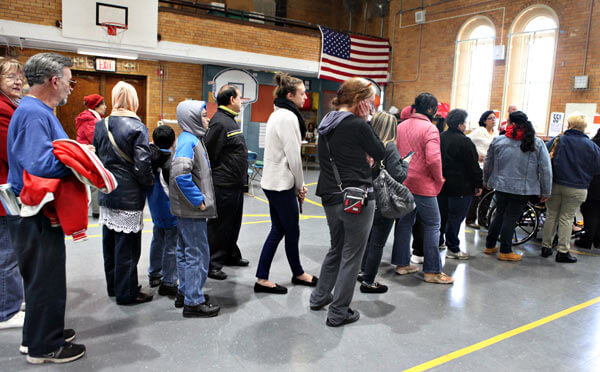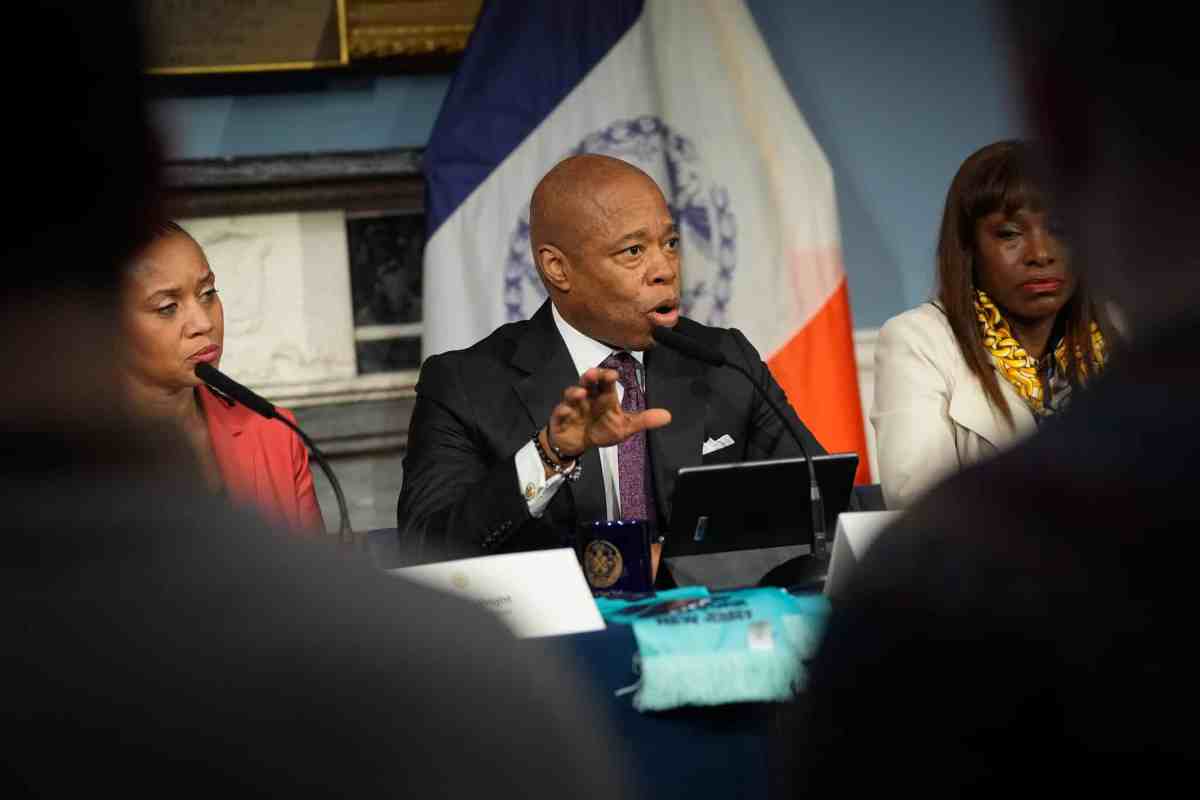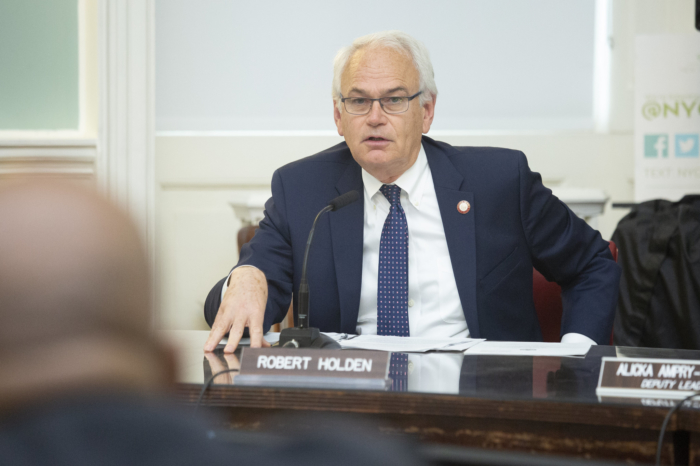By Prem Calvin Prashad
Growing voter participation in Queens’ immigrant communities has left indelible stamps on the political processes in the borough. While most issues that affect these voters span racial and ethnic lines, a lack of participation by these voters has made many borough races non-competitive and residents feeling left out of the political process.
Now in the run-up to the highly competitive mayoral primaries, the Indo-Caribbean Alliance is moving to motivate and engage voters in southern Queens. I spoke with Richard David, executive director of the Ozone Park-based Indo-Caribbean Alliance, on that group’s voter engagement drive and issues important to voters in southern Queens.
The backbone of ICA’s drive is its volunteers, a group of young people ranging from high school students to recent graduates. These volunteers make calls to registered voters and go door-to-door to speak with residents. David noted that the goals of the program are to reach 5,000 voters with a pledge to turn out on Election Day.
In addition, the group wants to register 100 new voters and puts together informative materials, including pledge cards and voter information brochures, which serve as a refresher for those that have not voted recently.
The group, founded in 2009, is based in Richmond Hill. Queens’ Indo-Caribbean neighborhoods are in South Richmond Hill, South Ozone Park and some pockets of Jamaica and Woodhaven.
Since ICA is a nonprofit, its goal is to reach voters jaded with the political process. Even though having no members of the Indo-Caribbean community in elected office contributes to this cynicism, David said this is not what is most important for the neighborhood. Nor is it the focus of ICA’s efforts. Through voter outreach and education, the group hopes that not only will members of the community feel engaged in their neighborhood, but will also be empowered to make informed decisions.
In keeping with this mission, ICA plans to hold a candidates’ night after the mayoral primaries. ICA believes its voter engagement drive will be a success if it can increase the turnout rate and improve the attitude most residents have toward voting.
ICA wants to remind voters of their importance in the political process as well as identifying issues pertinent to the neighborhood. Like most in the city, the availability of jobs and a high dropout rate affect economic opportunity. In addition, David notes, there is a high homeownership rate in the Indo-Caribbean community, so these households struggle with high property taxes. Renters in the neighborhood have also felt the impact of these taxes in increases.
The increased cost of living limits opportunities for parents to steer their children away from strained local schools, a reality that no doubt affects the dropout rate.
David pointed out that ICA serves all Queens residents, and there are a number of African-American and Hispanic volunteers from the neighborhood participating in contacting and registering voters.
“This is a community effort … that goes across community lines,” David said. “The goal of voter engagement is to inspire young people to get more involved in their community and affect the change they want to see.”
The upcoming mayoral primary could be one of the more competitive in the borough in recent memory, so the impact of every voter will matter Sept. 10.

































